Has it gotten to the point that when you do connect with Mother Nature it seems like an awkward hug? It’s been said time and time again that we’re better off taking a step away from technology to reconnect with Mother Nature as a regular part of our daily lives.
The benefits of establishing a relationship with Mother Nature are tremendous. Kids will grow more confident and be better critical thinkers when they are trusted to play outside and explore, their vocabulary will increase exponentially once they’re not staring at a television set for more than two hours a day, Americans of all ages will not be as obese or depressed if we get off the couch and get outside. But, as we know from the countless authors that have documented the benefits to getting outside and into nature (Louv, Ratey, Sampson) there are also significant challenges. Isn’t that always the case when one is reconnecting with a long-lost family member?
There are so many reasons not to bother. I hear quite often that, actually no – strike that … I find myself saying these things all too often … “The modern suburbs are designed with cars in mind.” “It’s a different world than when I was a kid and there is increased risks with having your children wander off.” “I live somewhere that is quite different ecologically than where I grew up and I am scared of the unknown.” “I work full-time outside of the house and the weekends are fairly structured.” National Wildlife Federation has even been posting recently how “we are a nation of people who are afraid of the outdoors.” But, the authors I mentioned above aren’t pulling this out of thin air and aren’t specifically talking about the importance of nature’s impacts on children.
Who am I kidding though? Like any relationship … reconnecting cannot be forced. However, it is going to take initiative on our part as parents. I plan to do it with lots of baby steps. If you, the reader of this post, are inspired to get outside and let go more there is a high likelihood that curious little minds will follow. And, in an effort to spark some motivation here is a listing of some fun ways to wander through a favorite secluded spot.
What are some of your challenges in getting outside and wandering aimlessly? Where are your favorite spots to wander?
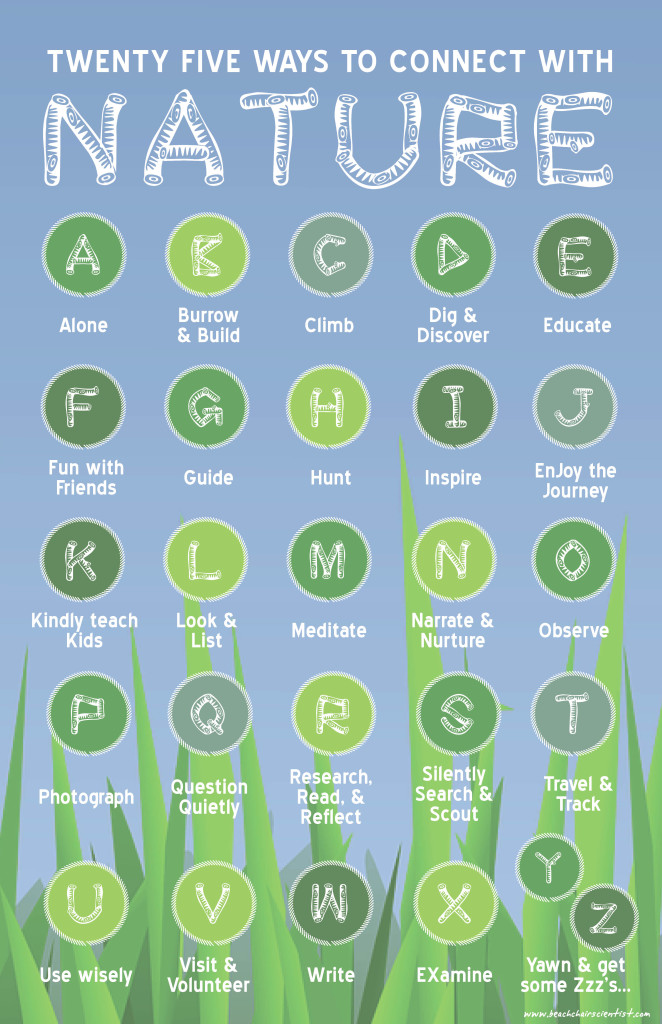
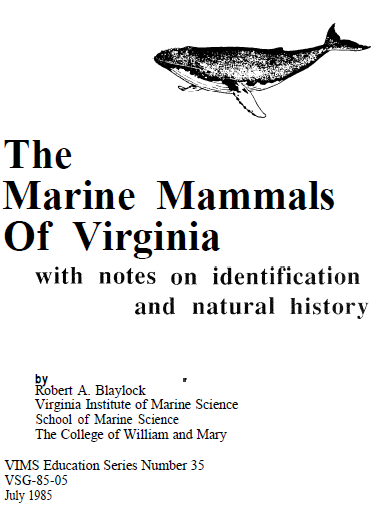
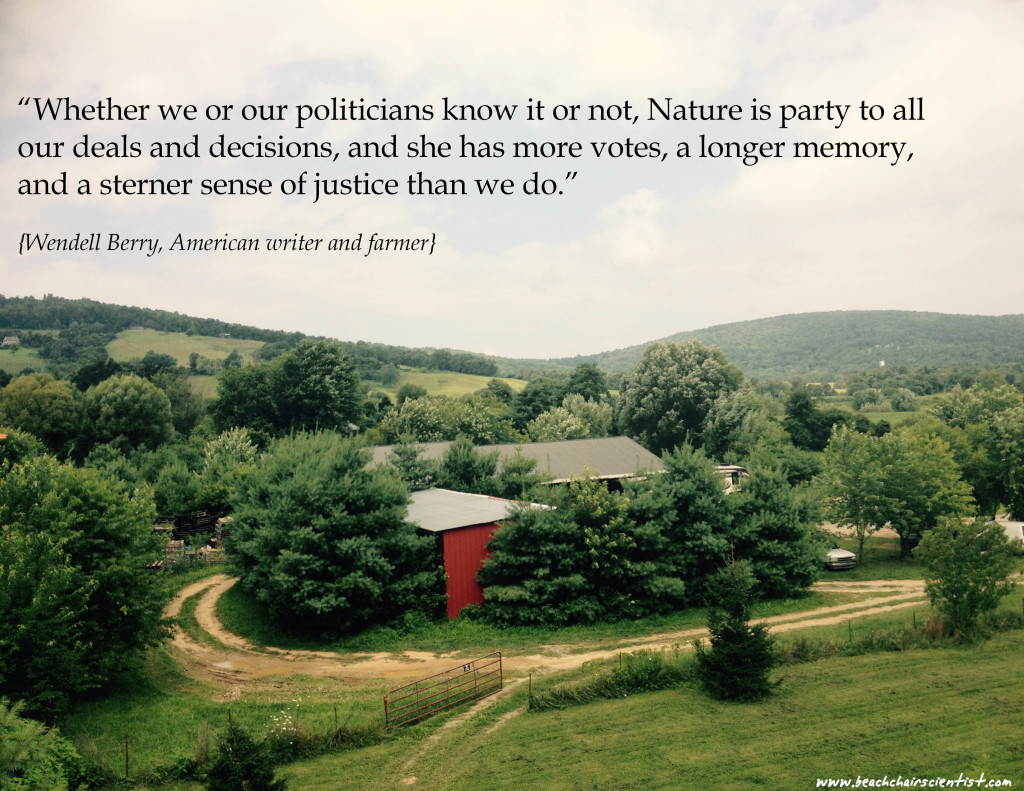
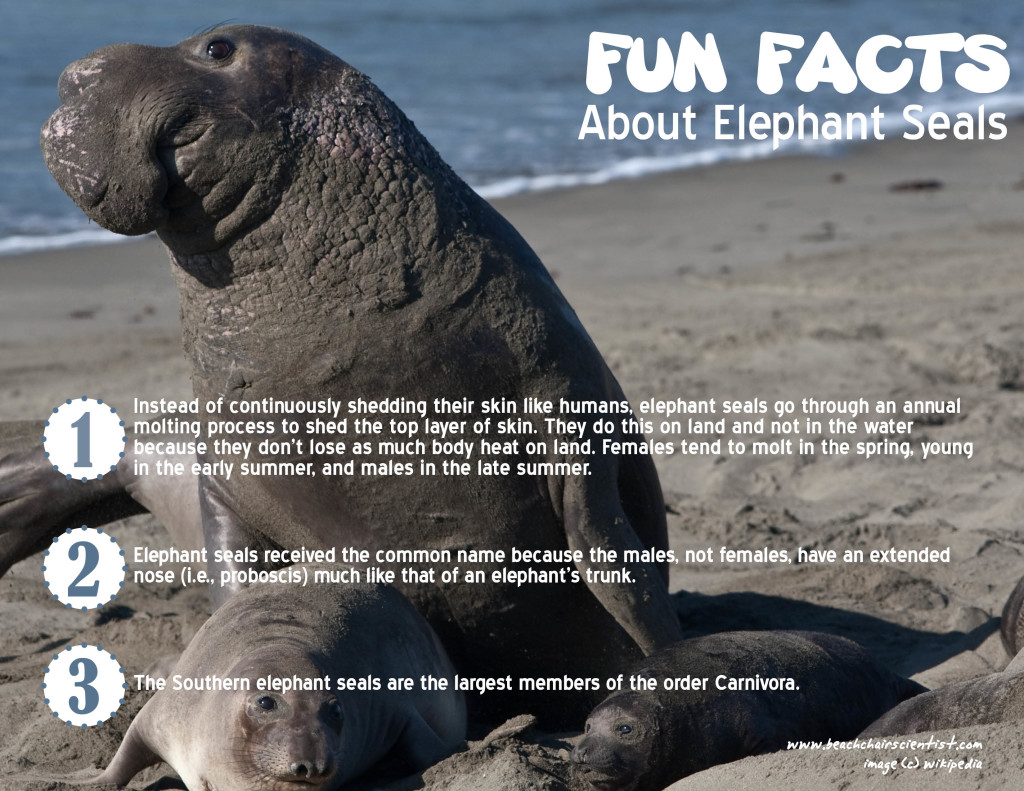
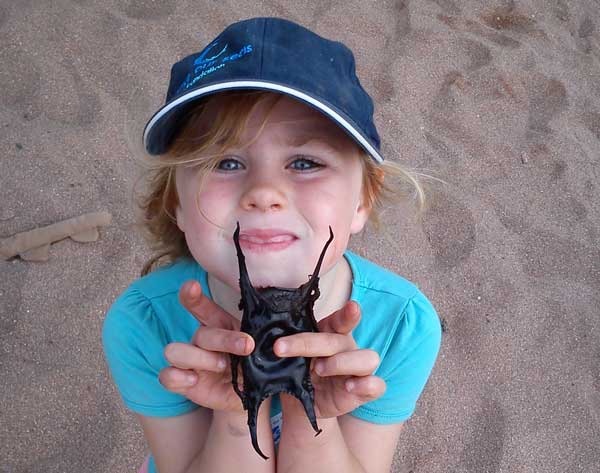
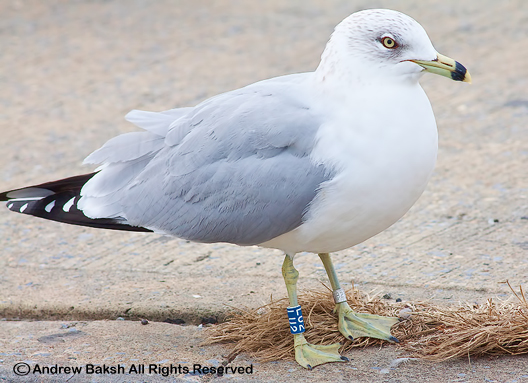
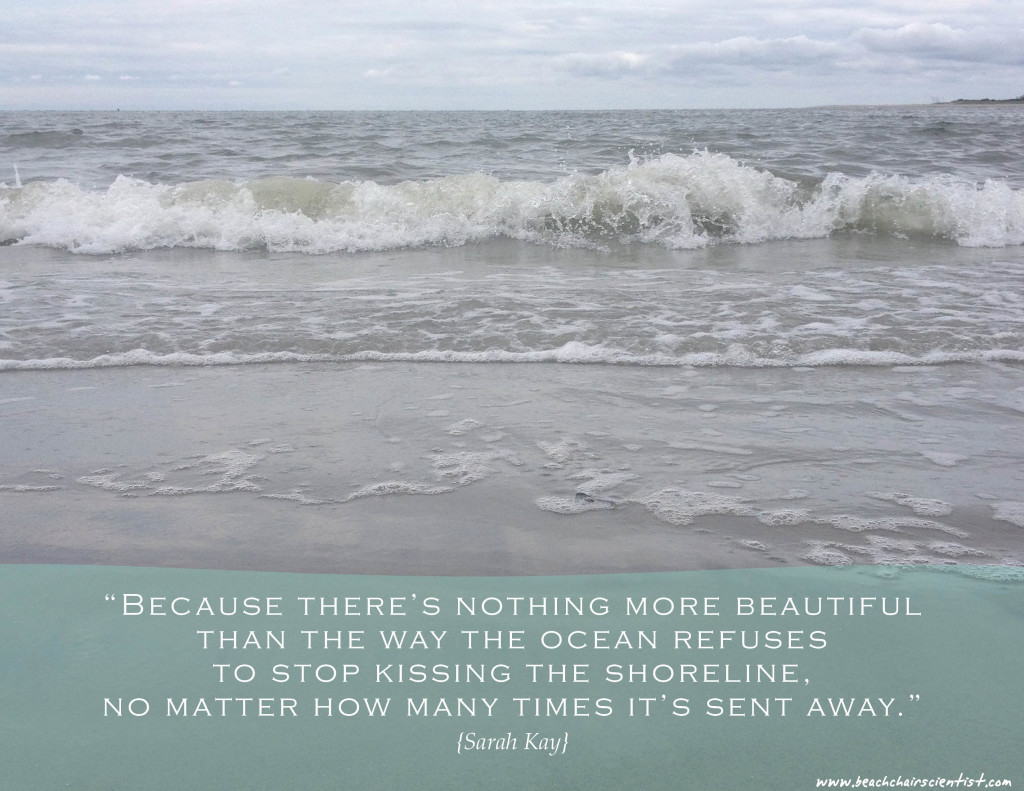
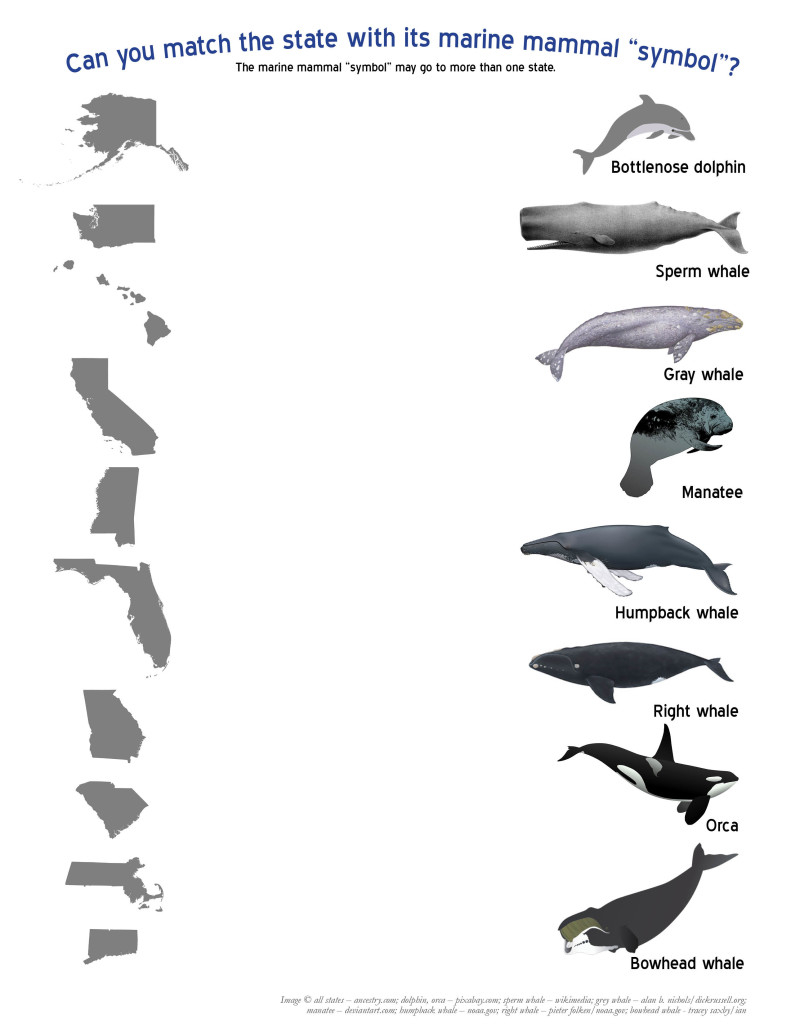
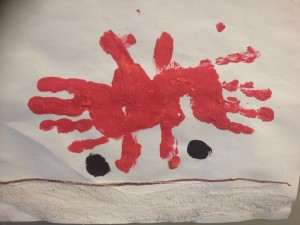
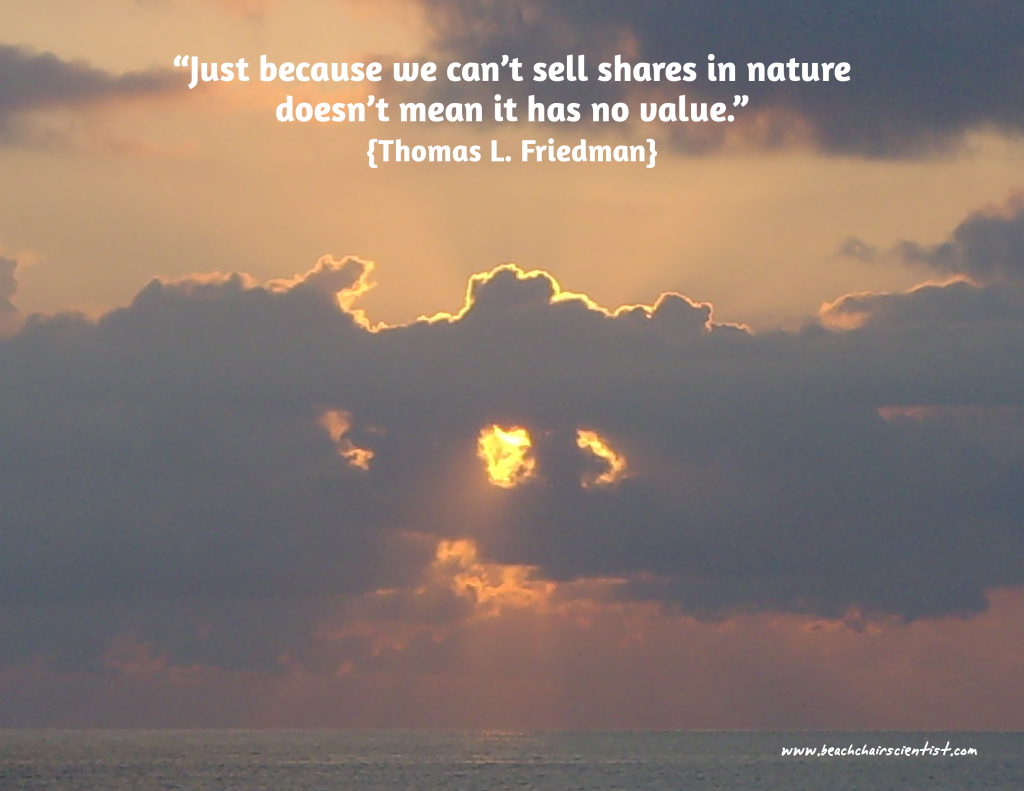
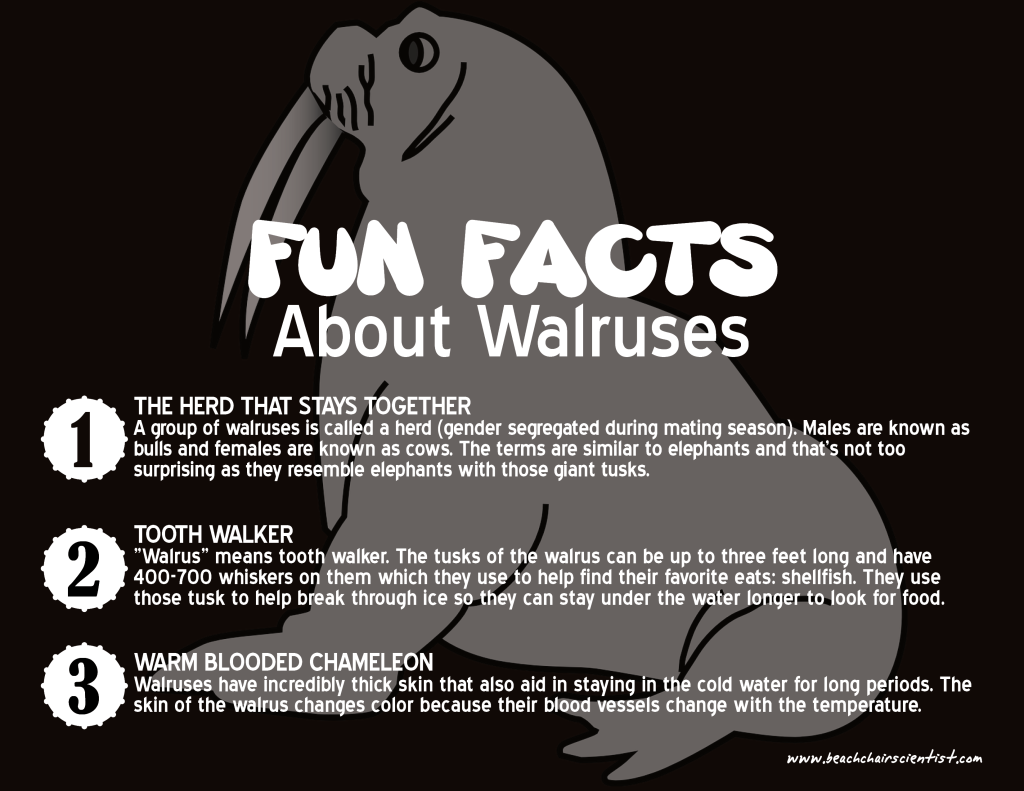

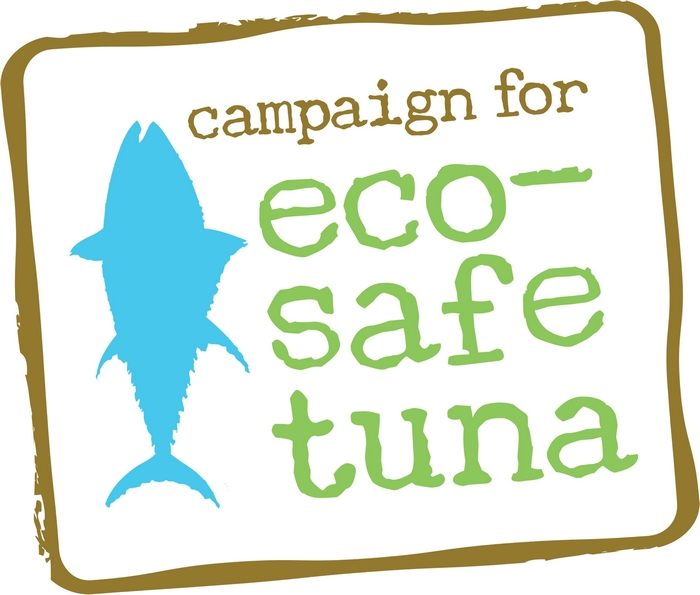


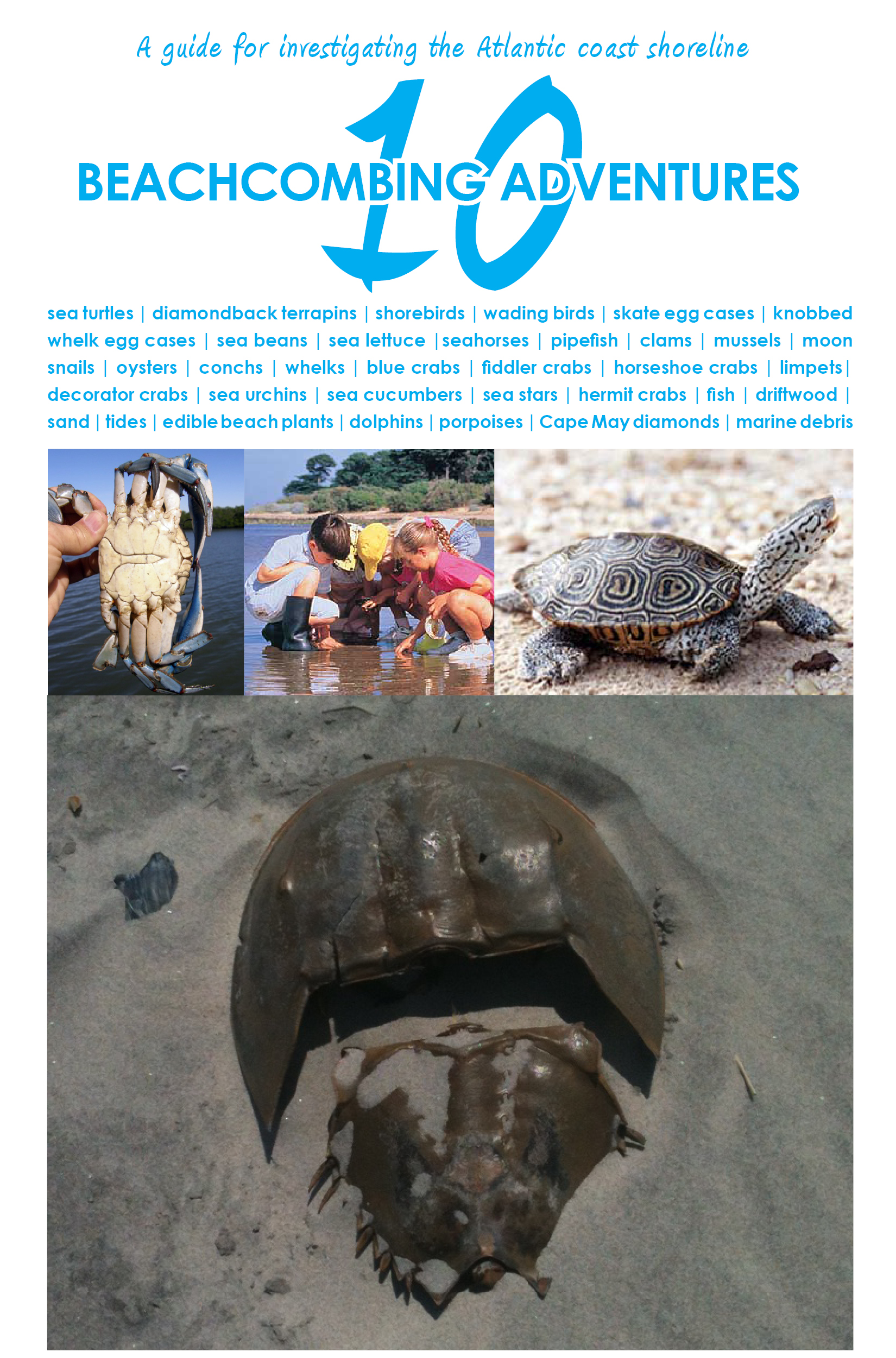
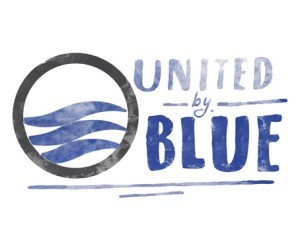
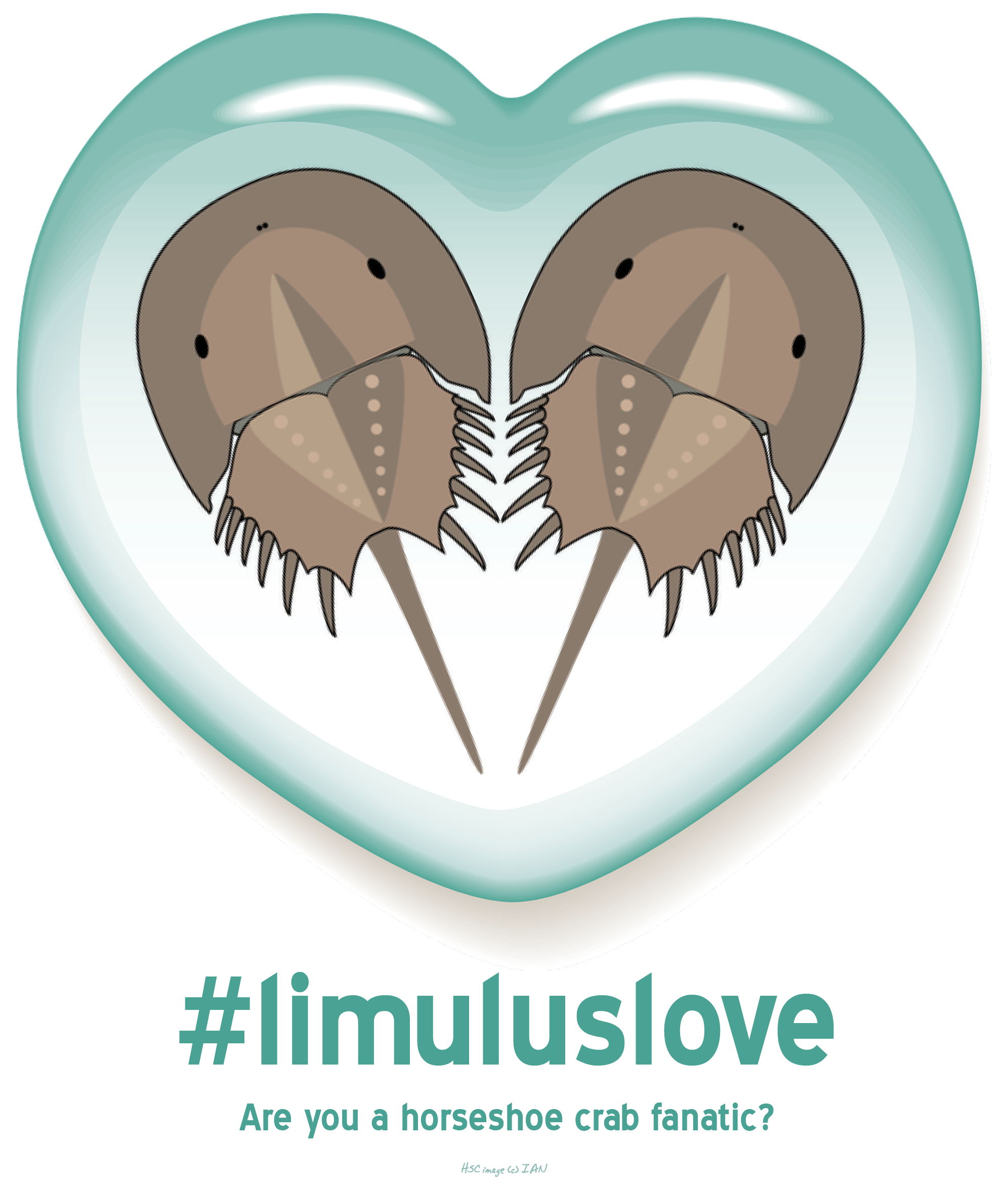
What people are saying …